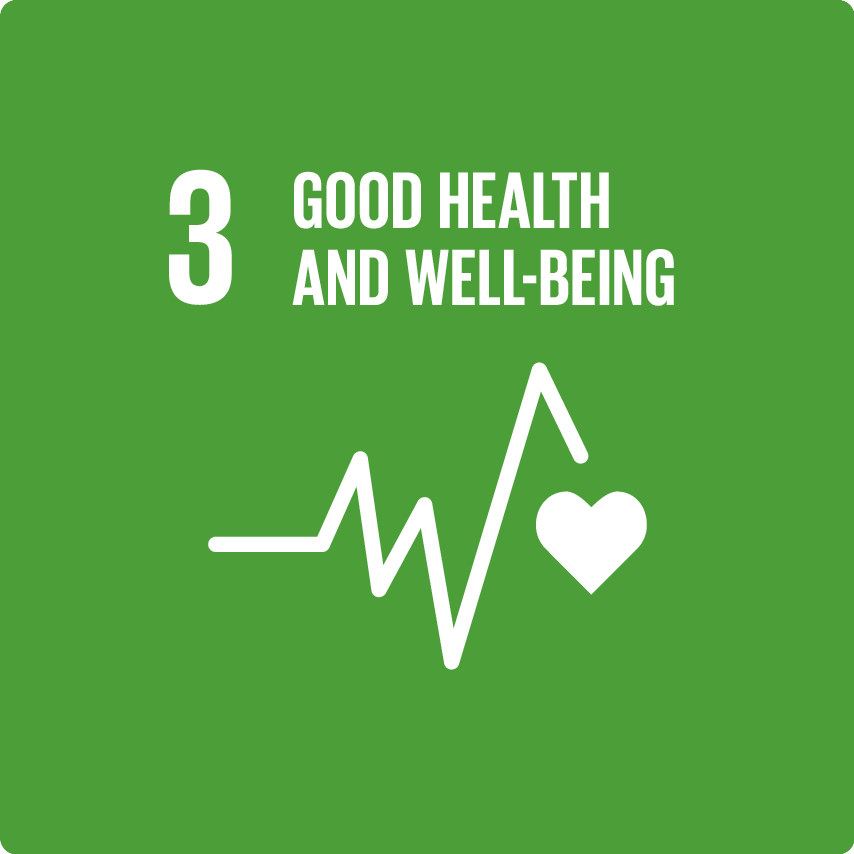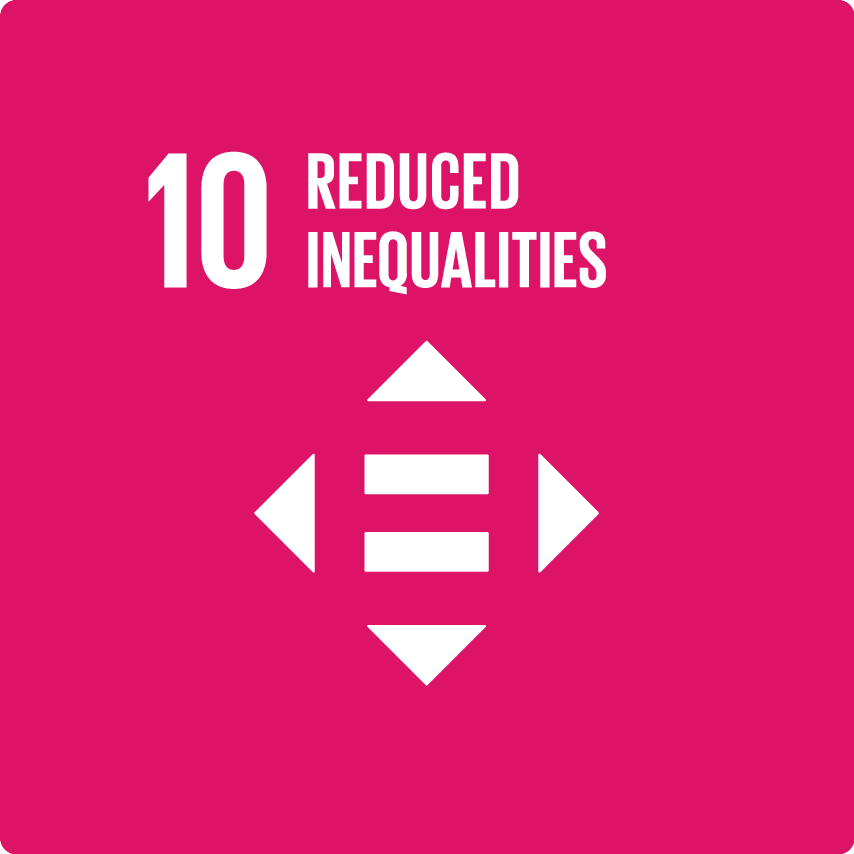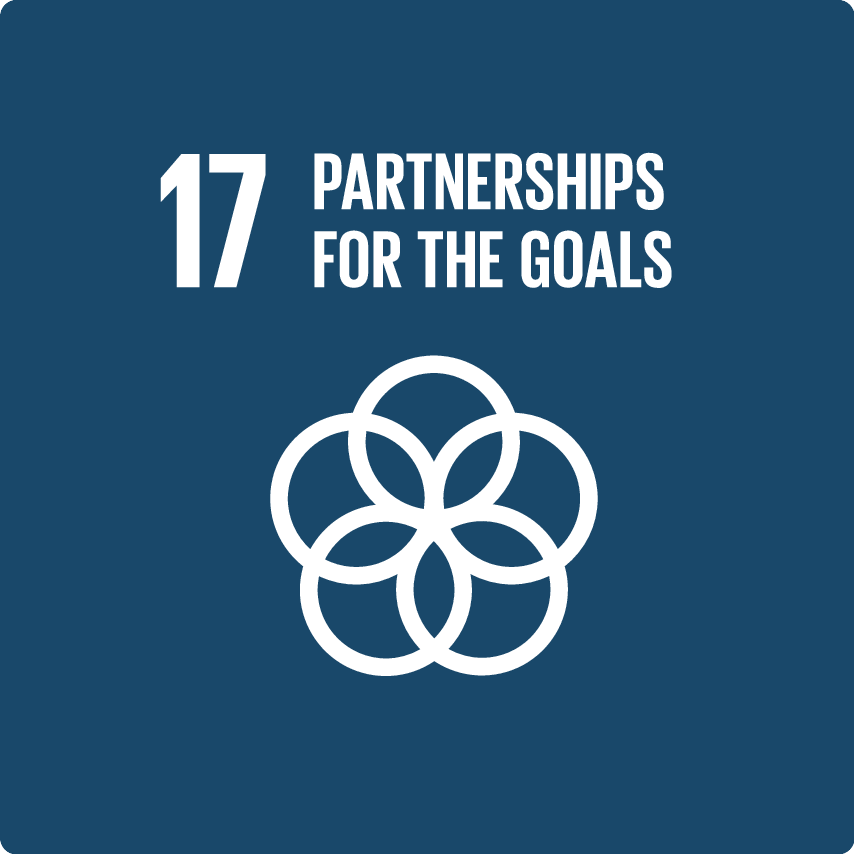Bristol Myers Squibb Foundation: Project ECHO Cancer
The goal of this partnership is to bring high-quality care to patients living in places where cancer specialists are not easily accessible.
SEE ALL PARTNER ORGANIZATIONS
Objectives
The Bristol-Myers Squibb Foundation is providing funding to both the ECHO Institute to apply the ECHO model to cancer in the US and South Africa, and also, through its Secure The Future program, providing funding to Kimberly District Hospital to undertake a comprehensive community cancer care project that will deploy the Project ECHO™ telementoring and collaborative care model to upskill healthcare providers in cancer care and also strengthen the continuum of care across community and hospital-based providers.
Project ECHO™ (Extension for Community Healthcare Outcomes) is a life-long learning and guided practice model that revolutionizes medical education and exponentially increases workforce capacity to provide best-practice specialty care and reduce health disparities. The heart of the ECHO™ model is its hub-and-spoke knowledge-sharing networks, led by expert teams who use multi-point videoconferencing to conduct “virtual clinics” with community providers. In this way, community-based specialists, primary care doctors, nurses, and other clinicians learn to provide excellent specialty care to patients in their communities.
Project ECHO™ enables expert specialist teams to mentor community specialists and primary care providers through “virtual clinics,” which helps local clinicians learn to treat patients with complex conditions in their own communities. A community health worker program will also be developed to further expand access to appropriate care in rural areas. This initiative aims to improve the quality and performance of the health workforce, strengthen the capacity of local health care systems and demonstrate the utility of the ECHO model as an efficient approach to improve access to quality health care.
Results and milestones
Results:
- Since the launch of this initiative in 2016, there have been a total of 125 Cancer ECHO hubs, 461 programs in 29 countries.
- There are currently 96 active cancer ECHO hubs in 27 countries that host 213 ECHO programs focused on improving cancer care delivery around the world.
- Over 1,836 individuals have attended ECHO trainings with the intention of replicating the ECHO Model in cancer-related fields since this grant was awarded December 1, 2016.
- These ECHOs have hosted more than 100,000 attendances and continue to work towards reducing cancer care disparities worldwide.
- From its launch to October 2022, the Cancer ECHO Collaborative has hosted 59 sessions, garnering participation from over 429 unique participants representing 144 organizations and 32 countries.
Specific achievements:
- Over 50 staff from Kimberly District Hospital, the Eastern Cape Provincial Department of Health and non-profit community-based organizations have received immersion training in the ECHO model.
- Summer 2018 – Kimberly Hospital launched the first-ever cancer ECHO clinic in South Africa.
- Kimberly Hospital ECHO leads are now expert faculty for regional trainings by the ECHO Institute.
- 180 staff from a range of cancer care focused institutions in African countries have received ECHO immersion training including 105 at the AORTIC conference in November 2019.
- Kimberly Hospital ECHO leads have shared their experience and learnings at the World Cancer Congress (plenary panel), MetaECHO COnference (plenary panel) and AORTIC (workshop).
- As of October 31, 2022, 20 hubs in India launched 138 cancer and/or palliative care programs since the start of the grant.
- ECHO India has since grown to employ around 180 staff members.
- In 2019, Project ECHO and partners hosted international trainings in South Africa and Mozambique to support partners in Africa replicating the ECHO Model for cancer
Cancer ECHO partners successfully published over 70 articles and abstracts on use of the ECHO Model for cancer. - ECHO for cancer care was presented at over 100 grand rounds, conferences, or community presentations since 2016.
Geographic Reach
- Africa
- Americas
- Eastern Mediterranean
- South-East Asia
- Western Pacific
Disease Area
- Non-communicable diseases
Target Population
- Rural populations
Partner organizations
Bristol Myers Squibb Foundation
Additional resources
Geographic Reach
Africa
- Botswana
- Cameroon
- Ethiopia
- Kenya
- Malawi
- South Africa
- Swaziland
- Uganda
Americas
- Argentina
- Brazil
- Colombia
- Ecuador
- El Salvador
- Mexico
- Uruguay
Eastern Mediterranean
- Pakistan
South-East Asia
- India
- Indonesia
- Thailand
Western Pacific
- Malaysia
- Philippines
- Viet Nam
Disease Area
Non-communicable diseases
- Cancer
- Breast Cancer
- Cervical Cancer
- General Noncommunicable Disease Care (Health System)


